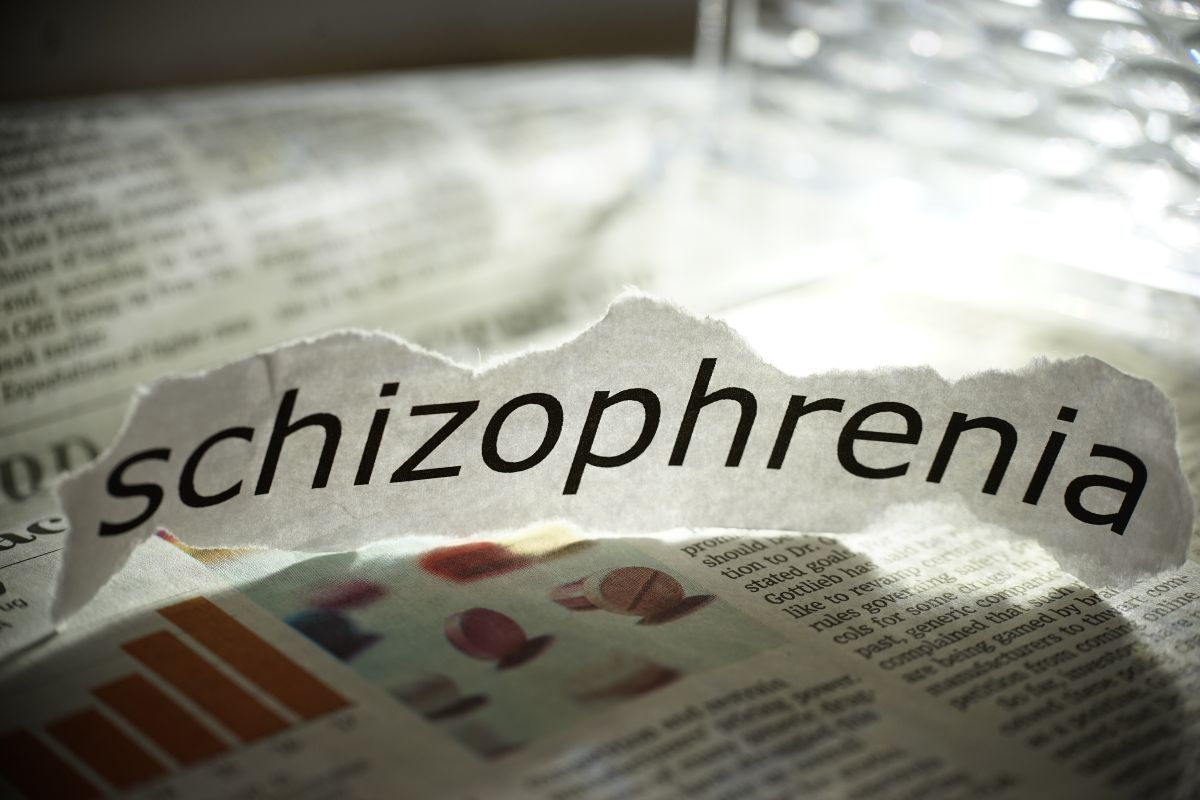Paranoid Schizophrenia
The most prevalent form of this mental disorder is paranoid schizophrenia, or schizophrenia with paranoia as it is now referred to by medical professionals.
Psychosis, or the state in which your mind disagrees with reality, is a type of schizophrenia. It influences your thoughts and actions. This can manifest itself in various ways and at various periods, even in the same person. The condition typically first manifests in late adolescence or early adulthood.
Paranoid delusional individuals have irrational suspicion of others. They may find it challenging to keep a job, do chores, maintain friendships, and even visit the doctor as a result.
Despite the fact that it is a lifelong condition, there are medications and other treatments available to assist stop or manage symptoms.

Paranoid Hospitalization
There may be occasions when you need to visit a hospital because your paranoid delusions or other symptoms are so acute. You’ll receive care so that you and your loved ones can remain secure.
You can be admitted voluntarily if you realise that you need help. However, if you are involuntarily admitted because you are unable to care for yourself or you may be hazardous to yourself or others, the law may authorise a doctor or other mental health professional to do so. Know when to dial 911 or a doctor if you are experiencing severe schizophrenia-related psychotic symptoms.
Also Read:
Paranoid Symptoms
Delusions are ingrained ideas that persist in your mind despite overwhelming evidence to the contrary. Delusions of persecution, also known as paranoid delusions, are characterised by intense fear and anxiety as well as a diminished sense of reality. They could give you these feelings:
- Someone at work is attempting to harm you by contaminating your food.
- Your mate cheated on you are being cheated on.
- The federal government is watching you.
- Your neighborhood’s residents are planning to harass you.
Your relationships may suffer as a result of these convictions. Additionally, you could feel like hiding inside or being by yourself if you believe that a stranger would hurt you.
People with schizophrenia aren’t usually violent. However, paranoid thoughts occasionally cause people to feel threatened and enraged. When someone is driven to the brink, their acts are typically directed against family members rather than the general public and take place at home.
Additionally, if your senses aren’t functioning properly, you can experience similar hallucinations. You might, for instance, hear voices making fun of or insulting you. They may also advise you to do harmful actions. Alternately, you might perceive things that aren’t actually there. Find out more about paranoia’s signs and symptoms.

Paranoid Counselling
Counseling can assist you in interacting with people, maintaining a job, attending school, taking care of yourself, and making friends once your delusions are under control.
Receiving counselling increases a person’s likelihood of maintaining their pharmaceutical regimen.
When you receive counselling in the form of cognitive behavioural therapy, you might learn how to deal with symptoms that persist after taking your medication. You’ll learn how to recognise delusions and how to shut out internal dialogue.
Family and friends’ supportive, encouraging encouragement is also very helpful.
You may also want assistance with food and exercise because some Antipsychotic Medications can induce weight gain. Learn more about the many forms of schizophrenia therapy.
Paranoid Medication
To get rid of the delusions, your doctor might prescribe an antipsychotic medication. It might be an injection, a drink, or pills. These medications can take a few weeks to fully kick in, but you might feel a little bit calmer right away. To find a drug or combination that’s perfect for you, you might need to try more than one.
Continue taking your medication even after you feel better. Your delusions will probably return if you cease.
Be sure to abstain from using marijuana, alcohol, nicotine, cocaine, and other stimulants. They may hinder the effectiveness of antipsychotic medications. They might exacerbate paranoia or perhaps start it.

